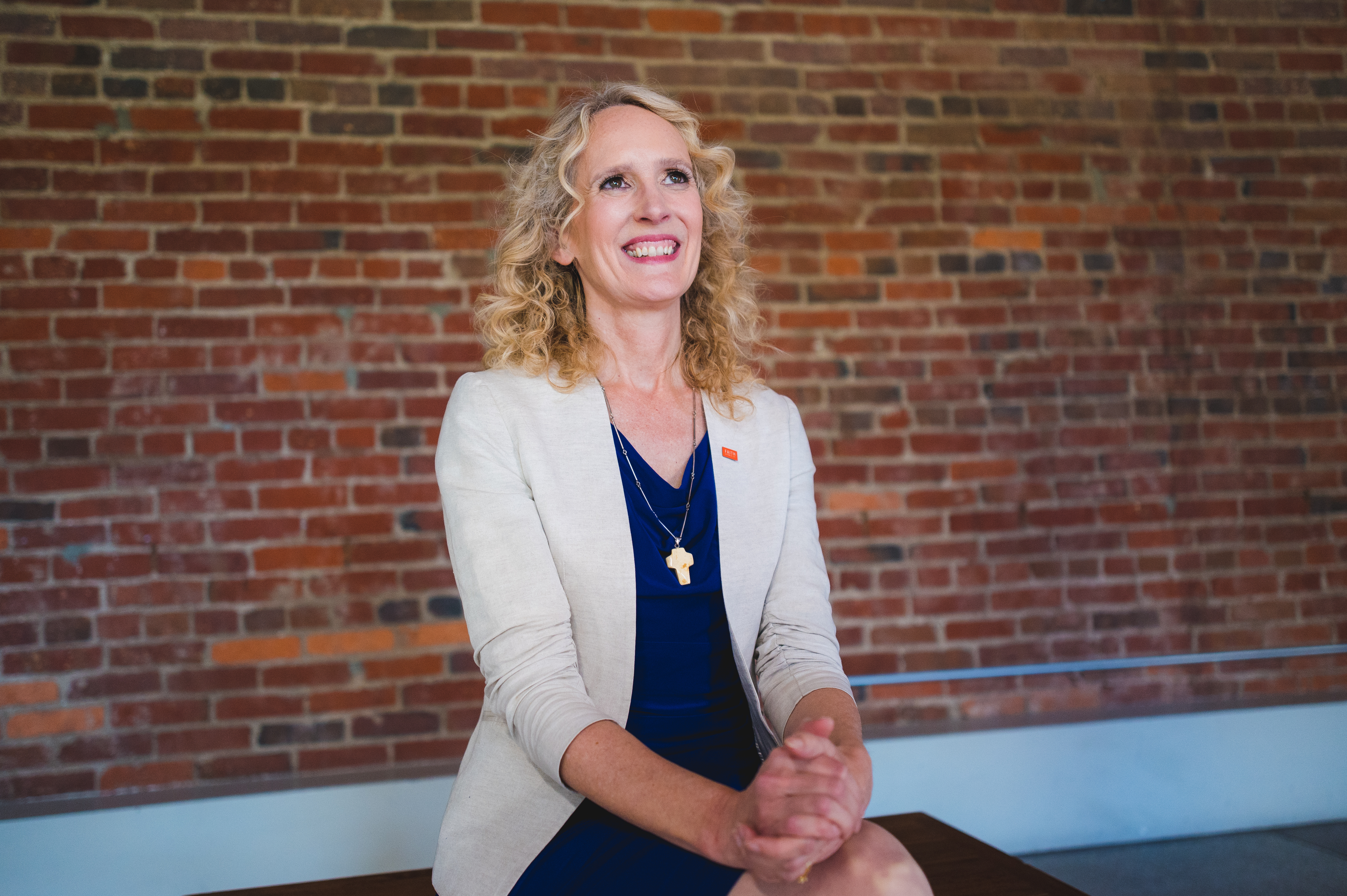Most of us are closing our church doors to the virus. Will we open our minds to a new politics?
 Don’t let the news stories about pastors refusing to cancel in-person services give you the wrong impression. While some are making this unconscionable choice, the overwhelming majority of us have closed our church doors to the virus, and we’re working to meet our congregations’ needs via FaceTime, Zoom and Facebook Live.
Don’t let the news stories about pastors refusing to cancel in-person services give you the wrong impression. While some are making this unconscionable choice, the overwhelming majority of us have closed our church doors to the virus, and we’re working to meet our congregations’ needs via FaceTime, Zoom and Facebook Live.
Loving our neighbors as we love ourselves remains our guiding principle, even when it cuts against our yearning to sit together in the pews and share a common cup at the communion rail. Telling our congregations to stay home, as well as tending to the spiritual needs of our lonely, ill and grieving members (from a safe distance) is our sacred work. We are learning to come together as we stay apart.
And personally, I’m doing my best to defend the church and the nation from President Trump’s dangerous advice in response to COVID-19. When he recently touted the idea of ending social distancing early so churches nationwide would be full on Easter Sunday (April 12th), my spirit cried out “Oh hell no!” Services at which we celebrate new life and victory over death would become vectors of suffering and fatality. Unacceptable.
So I penned an open letter calling for the president to avoid an Easter massacre. It struck a chord with Christian clergy nationwide. Within one week, nearly 9,000 faith leaders added their names. Thanks to enormous pressure from diverse quarters, including the faith community, the president backed down.
We also called for the administration to invoke the Defense Production Act in order to address the deadly shortage of PPE for people on the front lines. While faith-based advocacy pros delve into policy specifics, everyday pastors often demur from it. This moment speaks to a sharp level of outrage about the brave healthcare workers in our congregations left exposed by the administration’s unconscionable lack of urgency.
Stemming the moral pandemic
From encouraging our neighbors to practice social distancing to demanding that our elected leaders take lifesaving action, we have morally urgent work to do in the fight against COVID-19.
As the virus rips through places that are all too often invisible — prisons, ICE detention centers, nursing homes, emergency rooms, and low-wage workplaces, for example — we must also act upon the moral prescription that Dr. Martin Luther King Jr. wrote over Easter weekend in 1963 in his Letter from Birmingham Jail: “We are all bound together in a garment of mutuality, with the action of one affecting the whole.”
As we treat the coronavirus, pastors must also prepare to treat the moral pandemic upon which it is shining a light. The plague of radical individualism, with its symptoms of extreme inequality, isolation, greed, acceptance of bigotry and indifference to injustice has sickened this nation for decades. We need intensive care.
A new ethic of community, rooted in love of neighbor, is the vaccine in development. But in order for it to work, we must get past another obstacle that King identified in the Letter from Birmingham Jail — “the white moderate, who is more devoted to ‘order’ than to justice; who prefers a negative peace which is the absence of tension to a positive peace which is the presence of justice.”
I believe normally cautious pastors can summon the boldness that the moment requires. If we can make the hard decision to cancel in-person church services to save lives, if we can provide pastoral hospice care via iPad, we can wade into the kind of tension that creates justice.
It requires us to recognize and call out the moral absurdity before our eyes. As human beings in emergency rooms, nursing homes, prisons and ICE detention centers are trapped in the virus’s path, the president holds court daily to boast about what a great job he’s doing and browbeat anyone who challenges him. As record numbers of people filed for unemployment in a single week, relief legislation passed by Congress excludes millions of families who can’t pay their bills while giving large corporations giant bailouts. As the White House offers weak and conflicting instructions, red state governors fail to issue effective stay-at-home orders. These are symptoms of an acute case of radical individualism that produces indifference to suffering.
Election years are often a time of risk aversion and moderation in pulpits. But we can’t wash our hands of the responsibility to speak out and lead once the virus passes. We must have the courage to tell the truth about an anti-life president, and the ambition to call for more than paltry scraps for people who are losing everything. Let us don the garment of mutuality, and keep putting “love your neighbor as yourself” into action.













